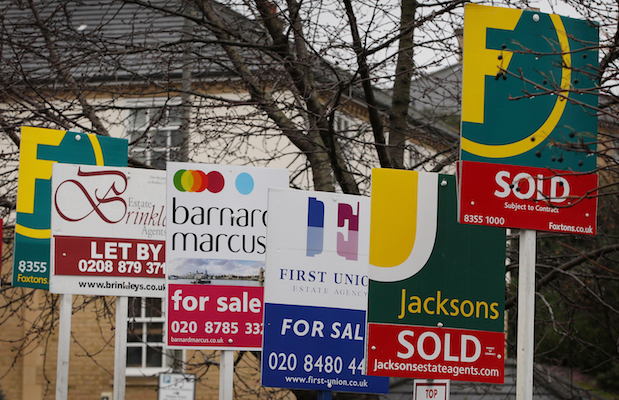House prices drop unexpectedly – but don’t rule out a bubble just yet

Mortgage lender Halifax has reported that British house prices fell 0.6 per cent month-on-month in December. The unexpected dip in house prices is a stark contrast with the 1.4 per cent month-on-month increase reported for December by Nationwide.
In a poll of economists conducted by Reuters before the data release, not one predicted a fall in house prices. Though unexpected, the fall in house prices should be viewed over a longer term trajectory.
European economist at IHS Global Insight Howard Archer commented:
While surprising, the 0.6 per cent drop in house prices reported by the Halifax does not fundamentally change the story of a markedly improving housing market and appreciably firming prices. Indeed, the dip in December followed 10 months of rising prices reported by the Halifax, including particularly strong gains of 0.9 per cent month-on-month in November and 1.3 per cent month-on-month in October.
House prices steadily rose over the course of 2013, with an increase of 1.9 per cent quarter-on-quarter in the fourth quarter and 7.5 per cent year-on-year in the three months to December.
There remains a strong possibility of a housing bubble developing in 2014. In August, the Office of National Statistics released figures showing house prices rising three times faster than wages, while the average house price had risen to £242,000 – the highest since 2008.
Restrictive planning laws are still playing a major factor in boosting house prices.
"We expect house prices to increase by around eight per cent in 2014 with gains across the country. Furthermore, we believe there is a very real possibility that this could prove to be a conservative forecast," said Archer.
Although the decision of the Bank of England and the Treasury to end the Funding for Lending for mortgages unlikely to have had a major effect on housing market activity, the decision of the Bank to take its foot off the accelerator appears to have been the right one.